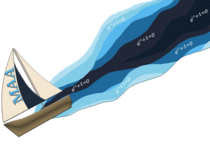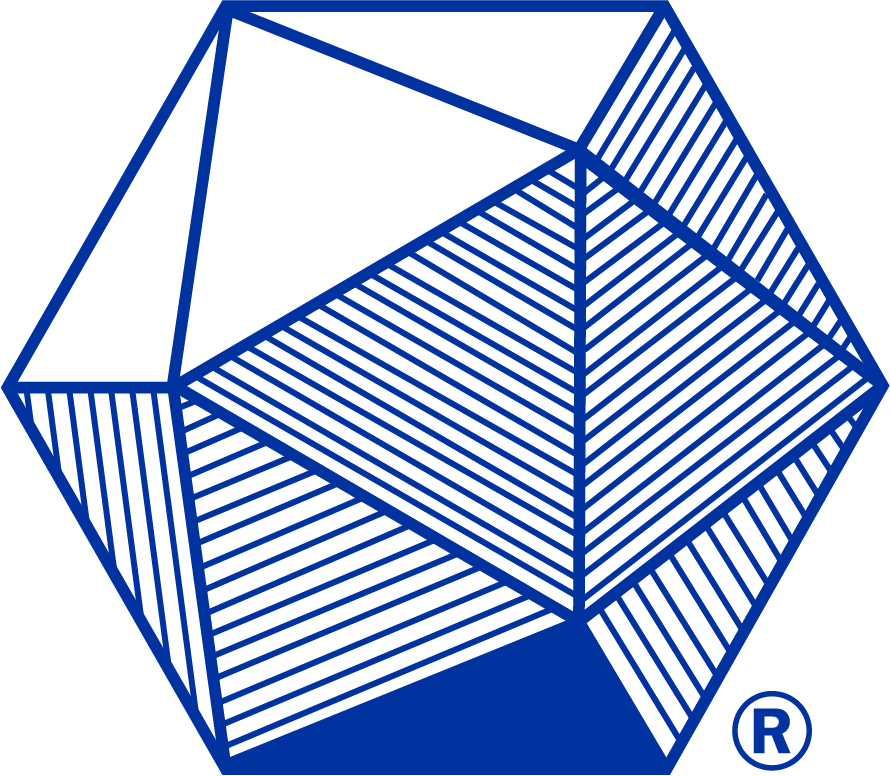All contributed sessions are in the Swan Business Center which is building #28 on the campus map.
Saturday – Oct 14
Location: Swan 101
-
- Time:
- 12:30 pm – 12:55 pm
- Title:
- Euler's Paper of 1737
- Speaker:
- Gary Towsley (SUNY Geneseo)
Abstract
Euler published a paper in 1737 ttha explored infinite series in a way that was quite new at the time. He certainly did not know that 120 years later this paper would be the basis for the paper in which Riemann presented what we now call the "Riemann Hypothesis".
-
- Time:
- 1:30 pm – 1:55 pm
- Title:
- The Structure of the Paramodular Hecke Algebra and Some Applications
- Speaker:
- Joshua Parker (Elmira College)
Abstract
Hecke operators act on vector spaces of modular forms and are an essential tool for extracting information from these modular forms. Viewed abstractly, Hecke operators are the images of elements of certain rings called Hecke algebras. In this talk we will describe the structure and some applications of the Hecke algebra associated to the paramodular congruence group of level $p$ for $p$ a prime. Interestingly, this graded algebra is neither commutative nor of Iwahori type. This talk will be aimed at the level of first year graduate students and a general mathematical audience. This is a joint work with Jennifer Johnson-Leung (University of Idaho) and Brook Roberts (University of Idaho).
-
- Time:
- 2:00 pm – 2:25 pm
- Title:
- Deterministic Questions Associated with The Random Harmonic Series
- Speaker:
- James Marengo (RIT)
Abstract
Suppose we flip a fair coin for each term of the harmonic series to decide whether to multiply that term by a \(+1\) or a minus \(-1\). What is the probability that the resulting series converges? This question may seem quite innocent enough, but its complete resolution requires powerful tools from measure-theoretic probability. In this talk the use of measure theory will be avoided, but related deterministic questions can still be addressed in some detail, as we shall see. This talk should be accessible to any student with a good calculus background and some knowledge of probability.
Saturday – Oct 14
Location: Swan 103
-
- Time:
- 12:30 pm – 12:55 pm
- Title:
- The Power Set of a Set
- Speaker:
- Elizabeth Wilcox (SUNY Oswego)
Abstract
Teaching a class of computer science majors about the power set of a set gave me new perspective on the different approaches to constructing a power set. Of course, there's the approach we teach to help students construct a power set by hand on paper, but how would we efficiently write a program to construct the power set of a (finite) set? And, then there's the recursive construction that allows us to directly prove that the cardinality of the power set of a set with cardinality $k$ is $2^k$ ... In this talk, we'll discuss these three approaches and meander through my re-examination of this familiar concept.
-
- Time:
- 1:30 pm – 1:55 pm
- Title:
- Studying Ontologies Using Mathematical Techniques
- Speaker:
- Keith Allen (SUNY Oswego)
Abstract
An ontology, from a Computer Science standpoint, is a knowledge hierarchy which is used to semantically label data. As part of a summer research project, I worked with a team to build a tool to create domain ontologies more efficiently and with fewer errors. This makes it easier to pull data, compute with data, and make sense of data in massive data sets. But, how do we evaluate the tool? This is where the Mathematical perspective of ontologies as directed acyclic graphs (DAGs) comes in. I'll discuss ontologies, their abstraction into DAGs, and a similarity metric to compare DAGs.
-
- Time:
- 2:00 pm – 2:25 pm
- Title:
- Secret Codes, Hidden Figures, and Modern Movies: A First Year Seminar
- Speakers:
- Adam Giambrone (Elmira College), Adam Giambrone (Elmira College)
Abstract
In this talk, I will share my experiences developing and teaching a first-year seminar course titled "Secret Codes, Hidden Figures, and Modern Movies." I hope that this can provide some food for thought and generate some discussion around developing courses for a general audience that seek to help students (1) experience their own moments of discovery, (2) see historical achievements in STEM as real-life human endeavors, and (3) discuss and reflect upon the topic of diversity and representation in STEM.
Saturday – Oct 14
Location: Swan 109
-
- Time:
- 12:30 pm – 12:55 pm
- Title:
- Chasing your tail in Calculus
- Speakers:
- Gabriel Prajitura (SUNY Brockport), Nicolae Lupa, Technical University of Timisoara
Abstract
There are many papers about how much and what type of calculus dogs know. We believe that the reason behind all of them is due to the fact that calculus has many circular arguments. We will show some examples and discuss how to avoid them.
-
- Time:
- 1:30 pm – 1:55 pm
- Title:
- Working with Theo
- Speaker:
- Olympia Nicodemi (SUNY Geneseo)
Abstract
Over the last three semesters (and again this semester) I have tutored my nephew Theo remotely via zoom. He attends a college in New York City. He conquered pre-calc, and calculus 1 and 2. In this session I will read a reflection on that experience, an experience remarkable for me because Theo is an autistic young man who has faced numerous academic barriers. We broke through. I hope we can share some thoughts.
-
- Time:
- 2:00 pm – 2:25 pm
- Title:
- Music and Math: Good Vibrations
- Speaker:
- Olympia Nicodemi (SUNY Geneseo)
Abstract
Music and Math, a famous pair. We often talk about how many ways mathematics underlies, supports, and informs music. But music also informs mathematics. In this talk, we will investigate how musical questions propelled mathematics. Note: This talk will be particularly welcoming to students.

